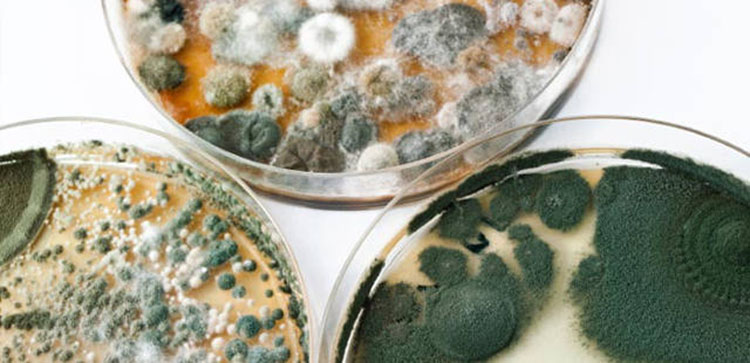
Mycotoxins
Mycotoxins are toxins emitted by mold. Humans are primarily exposed to mycotoxins through consumption of contaminated food; though less common, skin contact and inhalation or air-borne toxins can also be causes of exposure. Chronic exposure to mycotoxins as a health hazard has been generally understated in medical research but it is believed to cause harm to the skin, metabolic system, and immune system, disturb the process of protein formation and may be linked to cancer. Current mold testing has limitations as it only accounts for mold spores but not mycotoxins. Dr Meyers, a functional medicine practitioner and author of New York Best Seller, The Autoimmune Solution, suggest patients test for mycotoxins through a urine test for mycotoxicosis.
| Sponsored Links |
|
|
Candida Overgrowth
Yeast, particularly candida, resides in the digestive tract and women’s vagina. Candida is one of the healthy bacteria in the human body and it is normal when they are in small quantities as they assist digestion and in nutrient absorption. However, in an event of an overgrowth, candida can penetrate the intestinal walls and release toxins into the bloodstream resulting in ailments such as digestion problems, pain, brain fog and fatigue. According to Meyers, candida overgrowth is found in nearly all her fibromyalgia patients.
| Sponsored Links |
|
|


